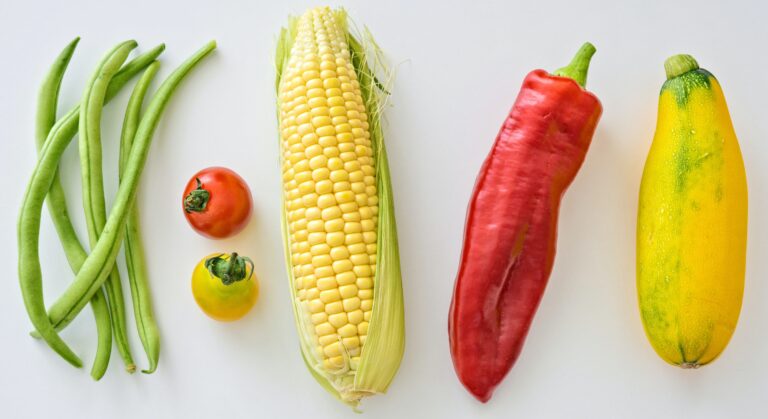
Our ancestors, who lived swinging from limb to limb in the trees, ate nuts and berries and killed animals to eat them. With the development of agriculture and civilization, some people developed pangs of conscience and felt that animals also have an unalienable right to life, liberty, and the pursuit of happiness. They became vegetarians or vegans.
The concept of vegetarianism can be traced back over 2,500 years to ancient Greece and India. In Greece, the followers of Pythagoras advocated for a plant-based diet on principles of non-violence and spiritual purification. Similarly, ancient Indian texts such as the Rigveda and Jain scriptures promoted vegetarianism as a means of practicing non-violence (ahimsa) and maintaining physical and spiritual well-being. Ahimsa towards all living beings was central to Jainism and influenced the vegetarianism that still prevails today.
Throughout history, religious and ethical beliefs have played a significant role in the adoption of vegetarian and vegan lifestyles. In Buddhism, vegetarianism is encouraged to prevent harm to living beings and cultivate compassion. Many Buddhist monastic communities continue to practice strict vegetarianism today. Hinduism also promotes vegetarianism, emphasizing the interconnectedness of all lifeforms and the importance of non-violence. In the Western world, the vegetarian movement gained momentum during the 18th and 19th centuries as more individuals began questioning the moral implications of eating meat. Prominent figures such as Benjamin Franklin, Percy Bysshe Shelley, and Leo Tolstoy championed vegetarianism, and other religious sects have advocated for vegetarianism as an expression of compassion and stewardship for God’s creation.
In the mid-19th century, a surge of interest in vegetarianism emerged as a way to improve digestion, prevent disease, and maintain overall wellbeing. In recent years, the environmental impact of animal agriculture, including deforestation, greenhouse gas emissions, and water pollution, has further become a driver for individuals adopting plant-based diets.
Others have also sought to distinguish themselves from vegetarians by excluding all animal products, not merely from their diet but also from other aspects of their lives, such as clothing and personal care products. Such individuals believe that refraining from eating flesh, fowl, and fish while continuing to partake of dairy products and eggs is not going far enough, and they become vegans. The term “vegan” was coined in 1944 by Donald Watson and a group of individuals who formed the Vegan Society in the United Kingdom.
In recent decades, the popularity of vegetarian and vegan lifestyles has soared. The rise of social media platforms has facilitated the exchange of resources, recipes, and information. Many celebrities, athletes, and influential figures have become vegetarians, and the availability of appropriate food options in restaurants and supermarkets has made it easier for individuals to adopt a meat-free diet.

Leave a Reply